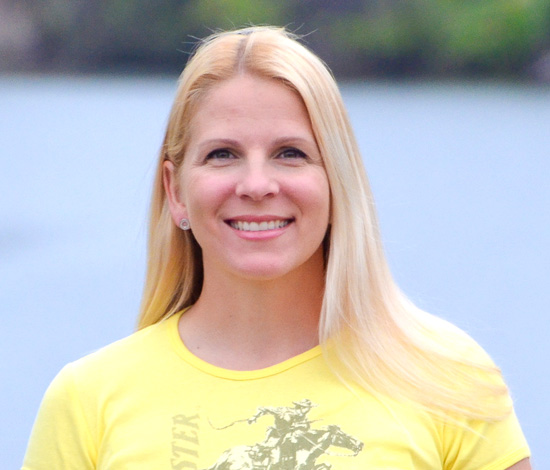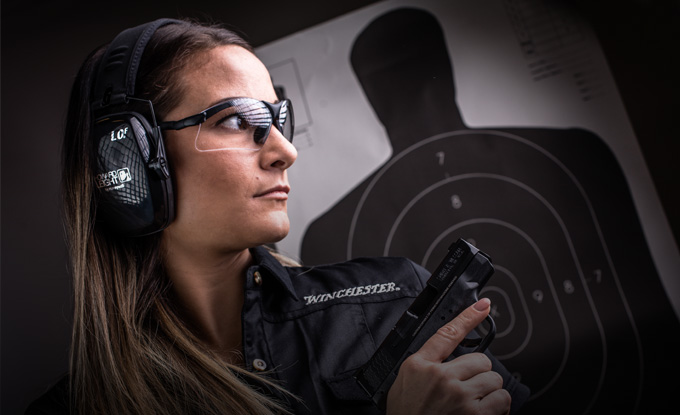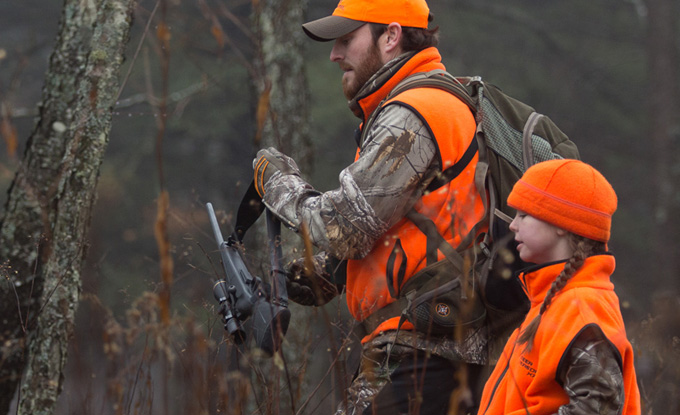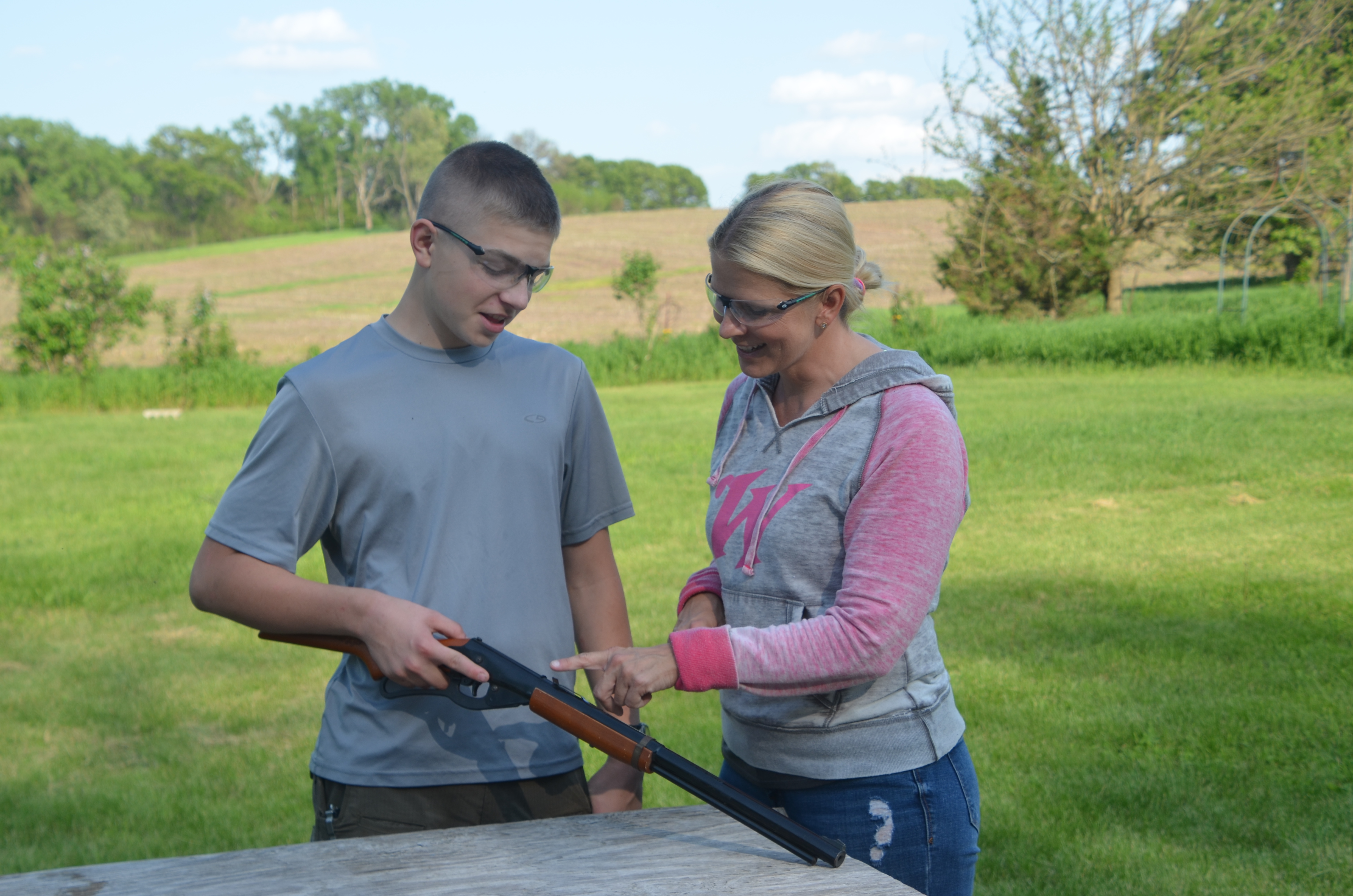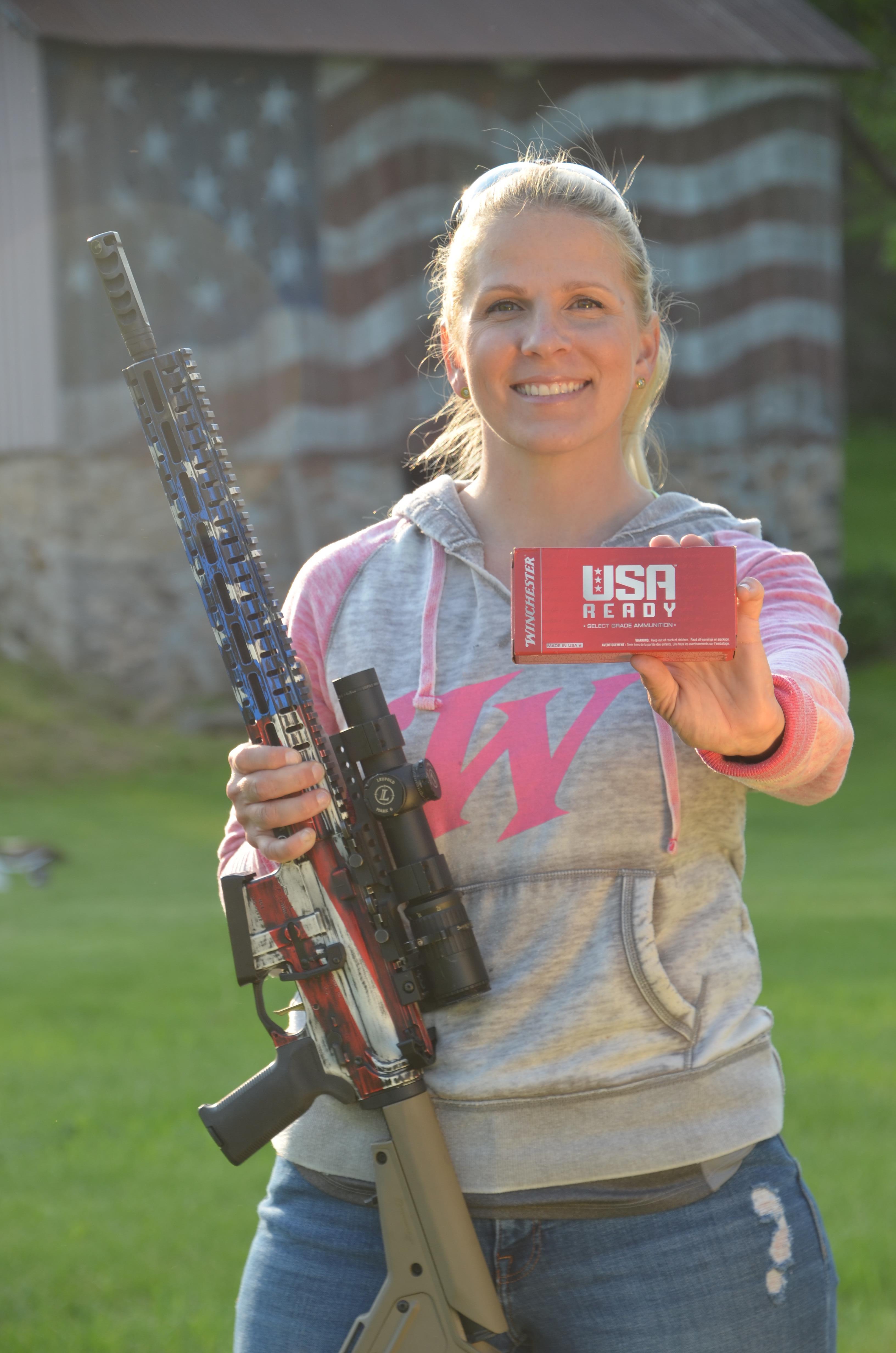Tips on Casual Competition for Proficiency as a Newer Shooter
Serious competition shooters have a different focus than the casual shooter. They usually have specific events and goals they are training for. However, there are skill benefits for the casual shooter that can be found in competition. It’s a place not to be overlooked when a new gun owner is trying to improve their proficiency!

Starting with the basics.
Competition requires proficiency in the basics. You need to be able to carefully, and without fail, follow the rules of firearm safetyi n order to compete.
Concepts the casual gun owner can learn from competition are:
● muzzle control (especially learning to never let your gun turn in an unsafe direction)
● finger off the trigger when moving
● abiding by rules on where and how to load a firearm
● basic range etiquette
All of these concepts are often codified in the rules of competition and MUST be followed 100%, or you will be disqualified and ejected from the match. This means that you start slow, and only move as fast as you safely can. The focus when you begin competing is on safety and following the rules. As you gain in proficiency and you can do things faster. The things between shots, between shooting…are the places the casual gun owner can ingrain safe firearm handling and develop an automatic default to safety.
Building off a Safe Beginning
Once the basics are ingrained through competition experience - safe loading, unloading, moving and handling the firearm - other skills can be honed. Competing at a high level requires accuracy and speed. Developing these skills on the clock and under pressure will reinforce the lessons at a pace you won’t get from casual range sessions.
The pressure of performing in front of others is also a great layer to add to your training. You have to set aside fears, emotions, or even being nervous of the fact that others are watching and just focus on what you are doing. This is an essential skill in performing well in competition, and also essential for using a firearm under pressure or handling yourself in a personal defense situation
As you improve your skills, you are able to fine tune your shooting as well as gear. Things like what ammo to use, the magazine, sights, holster, etc.- it can all be tweaked. Most competitors use the same gear and guns they train with for a match, but they might switch up their ammo and use a match grade ammo for scored events. For example, I like Winchester’s USA Ready for matches - it has a match grade primer, and a flat nose projectile and ballistic info available online. My groups improve and the consistency of the match grade ammo helps that happen.
Other Tips for transitioning from casual to competent:
● Don’t wait for the perfect time or perfect event. Just go! Find a local event and take a friend. Going to the venue prior to the time you plan to compete in order to watch can be helpful and you can introduce yourself and get an idea of what to expect. Most ranges that have competitions welcome people who want to observe before they compete, and it’s a good way to find out simple ins and outs of a club - like what time things start and what sort of round count and gear to expect to use. But don’t think it’s absolutely necessary to observe ahead of time...if you do your homework before your first event and give staff a heads-up, other competitors will help you out and guide you. The shooting sports are a great community.
● Another switch I might make from practice or casual range days to a match is my footwear. I make sure I have solid, grippy shoes for running and stopping.
● Practice the basic skills needed to compete: draw; unload; reload; transition from one target to another; move from one shooting position to another with your finger off the trigger.
Competition has one BIG distinction from casual, recreational shooting: competition directly introduces you to other people with like interests. These people, the other competitors you meet, will not only be potential friends and of great community, but they contribute to the shared knowledge from experience that is a true benefit to the shooting sports and community of gun owners. Learn more about the shooting community at Shoot United.
